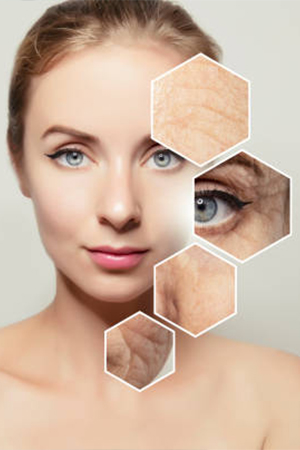Working Days
Mon-Sat: 9.00 to 6.00
Luliconazole 1% Shampoo
LULICARE – SHAMPOO

Luliconazole 1% Shampoo
Luliconazole is an antifungal medication used for the treatment of skin infections. It is used to prevent fungi from growing on the skin. It comes under the category of drugs, which are referred to as antifungals. Apart from the 1% cream of luliconazole, its usage has been increased in treating scalp and hair-related fungal infections. This shampoo is usually prescribed for hair-related issues. The infection is cured by it, thus leaving you with a clear scalp.
Uses of Luliconazole 1% Shampoo
Treatment of fungal infections of the scalp and hair is the basic use of luliconazole 1% shampoo. Its antifungal feature helps treat numerous conditions:
- Seborrheic Dermatitis: A chronic inflammatory condition of the skin, which often leaves scaly patches, redness, and dandruff on the scalp. Reducing the overgrowth of yeast that causes seborrheic dermatitis helps in alleviating itchiness and inflammation.
- Dandruff: Though it is not a mycotic infection, the proliferation of Malassezia yeast on the scalp can provoke and exacerbate the condition of dandruff. Luliconazole shampoos thus suppress the yeast growth and the severity and frequency of dandruff.
- Pityriasis Versicolor (Tinea Versicolor): Pityriasis versicolor is a type of superficial fungal infection that causes discoloration patches in the skin. It most frequently occurs on the trunk and upper arms but can spread up to the scalp, where it can be treated effectively by luliconazole shampoo.
- Seborrheic Dermatitis: Seborrheic dermatitis is a chronic inflammatory disorder of the skin leading to localized scaly patches along with redness of the scalp and dandruff. Luliconazole cuts down the overgrowth of yeast, which causes the main pathogenesis of seborrheic dermatitis, and hence itching and inflammation.
- Tinea Capitis (Scalp Ringworm): This is caused by the dermatophyte fungi. Tinea capitis manifests scaly, itchy spots on the scalp as fungal spots. It can cause hair loss in the affected areas due to infection. Luliconazole shampoo kills fungi, which leaves behind no active fungal infection or further growth.
How Luliconazole Works
Luliconazole belongs to the class of imidazoles and works as an inhibitor of one of the critical enzymes present in the cell membrane of the fungus, known as lanosterol. The enzyme therefore inhibited by luliconazole impairs the production of an important component of the fungal cell membrane called ergosterol. Given this, if the fungal cells lack ergosterol, the cell membrane becomes weakened and the cells begin leaking essential nutrients until they die. This action specifically targets the fungi infecting the body without significantly affecting human cells, thereby making luliconazole an effective antifungal treatment with minimal systemic side effects.
Side Effects
- Itching
- Burning sensation
- Stinging sensation
Precautions and Contraindications
Before using luliconazole shampoo, the following precautions are crucial
- Allergy: You are allergic to any one of the azole antifungals like ketoconazole, miconazole, or clotrimazole. Discuss it with your doctor. Allergic response to luliconazole will occur rarely, but it cannot be ignored.
- Pregnancy and Breastfeeding: Luliconazole is safe when topically applied, but a healthcare professional should be consulted before use during pregnancy or breastfeeding.
- Children: The amount of safety and efficacy of luliconazole shampoo on young children may not be well-studied. One must always consult a pediatrician before its use on the scalp of the child.
- Avoid Open Wounds: This medication should not be applied directly on an open wound since it can easily cause irritation, or increase drug absorption.
- Avoid Contact with Eyes: It will be severely irritating to the eye if it comes into contact with your eyes. Rinse immediately with ample amounts of water if there is an accidental contact.
| Brand Name | LULICARE |
|---|---|
| Composition | Luliconazole 1% Shampoo base Lotion |
| Pack | 60 ml |
Related products
-
SERNAZ SHAMPOO
₹335.00 -
FULOR
₹144.20








